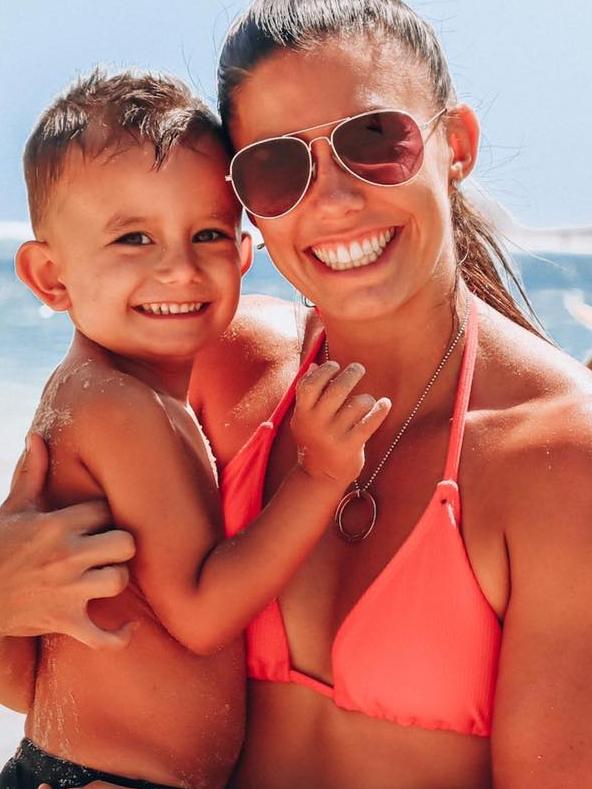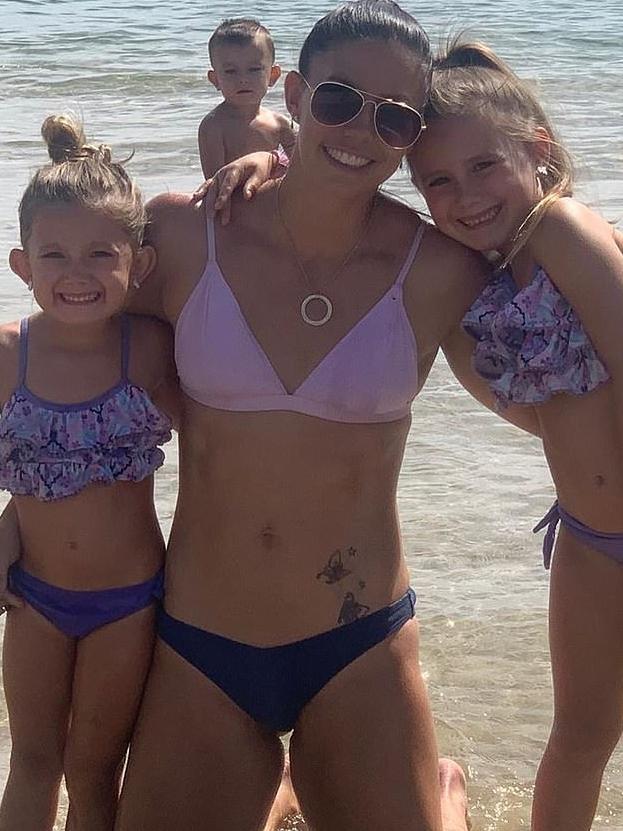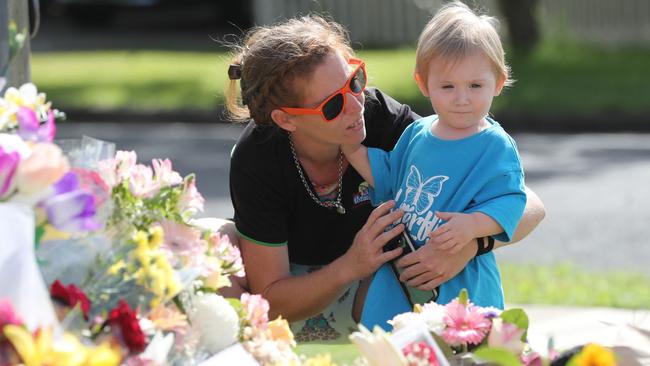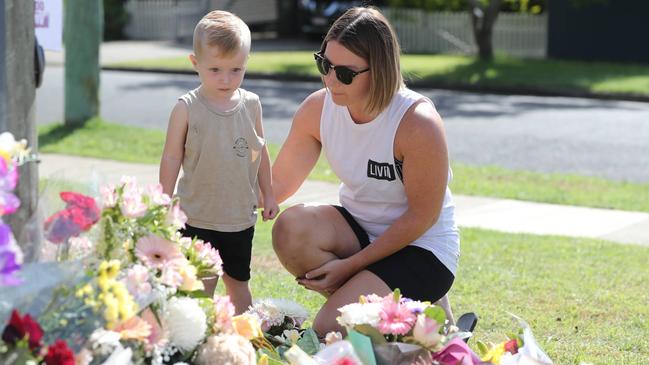How you can help your kids understand what’s happened
Following the horrific and traumatic scenes that unfolded at Camp Hill this week, experts have urged families and the wider community to take care when communicating the tragedy to kids.
QLD News
Don't miss out on the headlines from QLD News. Followed categories will be added to My News.
A SCHOOL community is reeling with grief following the death of two students and their brother, who were tragically killed alongside their mum.
In an email sent to the Belmont State School community, where six-year-old Aaliyah and four-year-old Laianah were students, principal Lisa Morrison urged parents and caregivers to take extra care of their kids’ wellbeing.


“(On Wednesday), our school community received some very sad news about a family in our school,” the email started.
“We understand that some of your children will be already aware of this event and/or have friendships with the children involved.”
Text messages reveal Hannah Clarke was living in fear of estranged husband
Hannah Clarke’s family left ‘exhausted’ fighting ‘disgusting human being’
‘I am a strong woman’: Hannah’s determination to move on from broken relationship

Along with providing tips on how to best approach the tragedy with children, Mr Morrison said the school understands the need for extra down time.
“If your child would benefit with additional family time at home to process this information, the school will be understanding of the reason for their absence.”
Act for Kids executive director of services Dr Katrina Lines urged the broader community to watch out for odd behaviour among families and reach out for help if needed.
“No problem is so insurmountable that you can’t find a solution, please look for help somewhere,” she said.
“If children are watching the information on the news then parents really need to talk to children and explain to them that it is a terrible, terrible tragedy, and it was a family in trouble and they needed help.

“It’ll be a very difficult situation for us to deal with as adults so you can imagine how children are going to feel.
“(Tell kids) this is a very unusual situation and isn’t something that happens every day, it’s not something that’s going to happen to all children.”
Dr Lines said worrying changes in behaviour to be mindful of includes people becoming withdrawn, quiet, emotional or angry and aggressive.
“These are all warning signs that we as a community can do something about – it’s as simple as asking someone if they’re okay, offering a helping hand … If (adults) are concerned, they need to seek support. Talk to each other, look for the help lines.
“It truly is an awful situation and I think everyone around the country is just reeling from it, but it is a statistic among a lot of statistics and we need to do something about it.”
Practical tips for families after tragedy
- Be aware of your own personal reactions to the event as children may mirror reactions of adults close to them.
- Monitor children’s exposure to graphic images and upsetting details.
- Give children accurate and age appropriate information about the event.
- Be mindful of the conversations you have around children.
- Encourage your child to express their emotions in their own words.
- Reassure your children of their personal safety, and assure them tragedies on this scale are rare.
Originally published as How you can help your kids understand what’s happened
